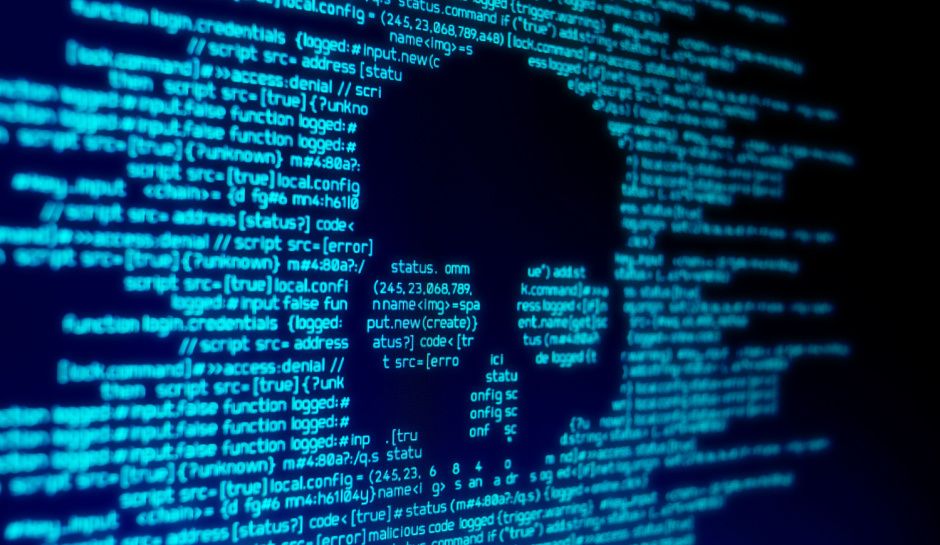Qantas Customer Data Breach: What You Need to Know
I was truly shocked to hear about the customer data breach at Qantas, Australia's largest airline! 😢 It's a serious issue that sensitive information of up to 5 million customers is circulating on the dark web. This incident serves as a crucial reminder for all of us about the importance of cybersecurity.

Hello everyone! Today, I want to share some truly unfortunate news with you.
News has emerged that a hacking incident at Qantas, Australia's largest airline, has led to the leakage of millions of customer records. Hearing this news has made me very concerned. Let's explore how our valuable personal information can be compromised and what the potential consequences might be.
5 Million Qantas Customer Data Leaked Through Hacking
The core of this incident is the leakage of data belonging to 5 million Qantas customers by hackers. Initially, there was an extortion attempt demanding ransom, but when that failed, the hackers decided to release the data.
It has been revealed that the attackers gained access to Qantas customer information and stole data using a method called 'Salesloft-Salesforce integration'. This means that Qantas's own security systems were not directly breached, but rather vulnerabilities exploited during integration with an external vendor. This highlights a realistic threat that many companies around us could face.
44 Companies, Including Disney and Toyota, Also Affected!
In addition to Qantas, a total of 44 different companies were affected by this attack. It is particularly alarming that this includes globally renowned companies such as Disney, Toyota, McDonald's, and Vietnam Airlines. This shows that while the attack might target specific companies, its ripple effect can be far greater than imagined.
Sensitive data belonging to customers of these companies is now reportedly circulating on the dark web. This means that valuable information such as personal contact details and flight information is easily exposed to numerous cybercriminals. 😱
Found this article helpful?
Never miss insights like this - delivered every morning
What Risks Come with Information Exposed on the Dark Web?
What risks are associated with customer personal information being exposed on the dark web?
According to the news reports, hackers can exploit this information for various criminal activities such as phishing attacks, identity theft, and fraud. For instance, imagine how distressing it would be if someone who knows your name, email address, phone number, and even travel history tried to deceive you.
More seriously, this information can be sold to more criminals, leading to secondary and tertiary damages. It's like a domino effect.
The Tactics of the 'Scattered Lapsus$' Hacker Group
Last summer, there was an incident where a hacker group named 'Scattered Lapsus$' compromised Salesforce accounts of hundreds of organizations. At that time, Salesforce itself was not hacked, but they exploited Salesloft accounts. Since Salesloft accounts were integrated with Salesforce, they used the connected API tokens and OAuth connections to infiltrate the Salesforce environment and steal customer data.
It is highly probable that the Qantas incident used similar tactics. That is, instead of a direct system intrusion, it involved exploiting vulnerabilities in connected services. This serves as a case study demonstrating how thoroughly companies need to manage not only their own systems but also their integrations with external services.
What Should We Do?
Hearing news like this can understandably lead to anxiety and worry. However, it's crucial to respond calmly, especially in such situations.
- Be cautious of suspicious emails or messages: Never open messages that suddenly ask for personal information or try to trick you into clicking on suspicious links.
- Change passwords regularly and use strong passwords: It's advisable not to use the same password for multiple services and to use complex passwords combining letters, numbers, and special characters.
- Enable Two-Factor Authentication (MFA): If possible, enhance your security by enabling two-factor authentication on all services you use.
- Regularly check for personal data breaches: Utilizing services that allow you to check if your personal information has been leaked on various websites is also a good practice.
The Qantas data breach serves as a wake-up call for all of us regarding cybersecurity. It's an incident that makes us deeply reflect on how important it is to use and protect technology safely, as much as technology itself advances.
What are your thoughts on this incident? If you have any specific methods you practice for personal information protection, please share them in the comments! Let's work together to create a safer digital environment. ✨
Wishing everyone a safe day. 🙏